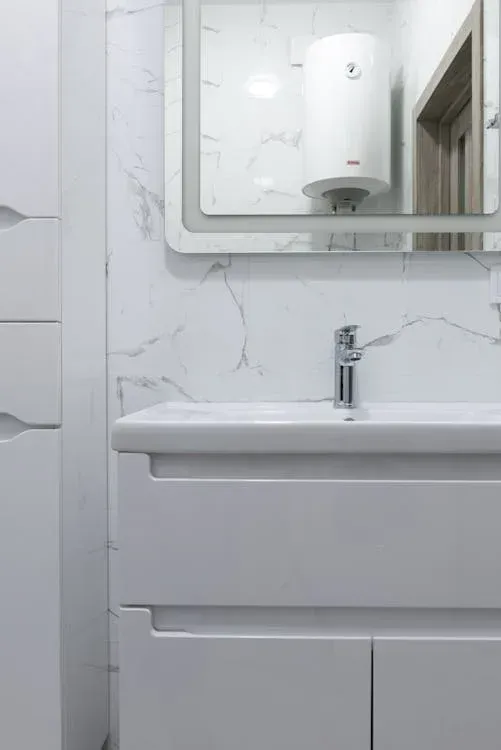Blogs

How to Increase Boiler Efficiency?
Maintaining and improving boiler efficiency is crucial for reducing energy consumption, cutting costs, and minimising environmental impact. Boilers, commonly used in homes and industrial settings for heating and hot water, can become inefficient over time. Here are several effective strategies to increase boiler efficiency.
1. Regular Maintenance and Servicing
Regular maintenance is paramount to ensure that your boiler operates at peak efficiency. Schedule annual servicing by a qualified technician to clean and inspect the boiler components. This includes checking for soot build-up, leaks, and corrosion, which can significantly impact boiler performance. A well-maintained boiler runs more efficiently and has a longer lifespan.
2. Bleed Your Radiators
Air trapped in the radiators can prevent hot water from circulating properly, forcing the boiler to work harder and use more energy. Bleeding your radiators, a simple process involving releasing the trapped air, ensures that the system heats efficiently. This improves the overall efficiency of the boiler and reduces energy consumption.
3. Install a Programmable Thermostat
A programmable thermostat allows you to set heating schedules that match your daily routine. This means the boiler only runs when necessary, reducing energy waste. Modern thermostats can also be controlled remotely via smartphone apps, giving you more control over your heating system. By optimising your heating schedule, you can enhance boiler efficiency significantly.
4. Insulate Pipes and the Boiler Itself
Insulating your boiler and the pipes connected to it reduces heat loss, ensuring that more heat reaches your radiators and hot water taps. Pipe insulation is relatively inexpensive and easy to install. It can make a substantial difference in maintaining the temperature of the water as it travels through the system, thereby improving boiler efficiency.
5. Upgrade to a High-Efficiency Boiler
If your boiler is more than 15 years old, it may be time to consider upgrading to a modern, high-efficiency model. New boilers are designed to meet higher energy efficiency standards and often come with advanced features such as condensing technology. Condensing boilers recover heat from the exhaust gases, making them much more efficient than older, non-condensing models.
6. Use Boiler Controls
Modern boilers come with various control options that help optimise performance. These include weather compensation controls, which adjust the boiler's output based on the outside temperature, and load compensation controls, which adjust the boiler's output according to the heating demand. Using these controls can significantly enhance the efficiency of your boiler system.
7. Power Flush the System
Over time, sludge, rust, and other debris can accumulate in your boiler system, reducing efficiency and potentially causing damage. A power flush involves cleaning the entire system with a powerful pump to remove these deposits. This process improves water circulation, reduces strain on the boiler, and enhances overall efficiency.
8. Ensure Proper Ventilation
Boilers require adequate ventilation to operate efficiently. Ensure that the area around your boiler is free from obstructions and that ventilation openings are not blocked. Proper ventilation prevents the boiler from overheating and ensures it burns fuel efficiently.
9. Monitor and Adjust Boiler Pressure
Boilers need to operate within a specific pressure range to function efficiently. Regularly check the pressure gauge on your boiler and adjust it as necessary. Low pressure can cause the boiler to work harder, while high pressure can lead to leaks and damage. Maintaining the correct pressure helps optimise boiler performance.
10. Educate Yourself on Energy-Saving Practices
Understanding how your boiler and heating system work allows you to make informed decisions about energy use. Simple practices like turning down the thermostat by a degree, using radiator reflectors, and keeping doors and windows closed can all contribute to increased boiler efficiency.
Improving boiler efficiency involves a combination of regular maintenance, system upgrades, and adopting energy-saving practices. By implementing these strategies, you can ensure that your boiler operates at its best, saving you money and reducing your environmental footprint. Get in touch with us if you're looking for a boiler upgrade or ways to improve your boilers efficiency!

Areas Covered:
Address: North Norfolk, Hertfordshire and Bedfordshire